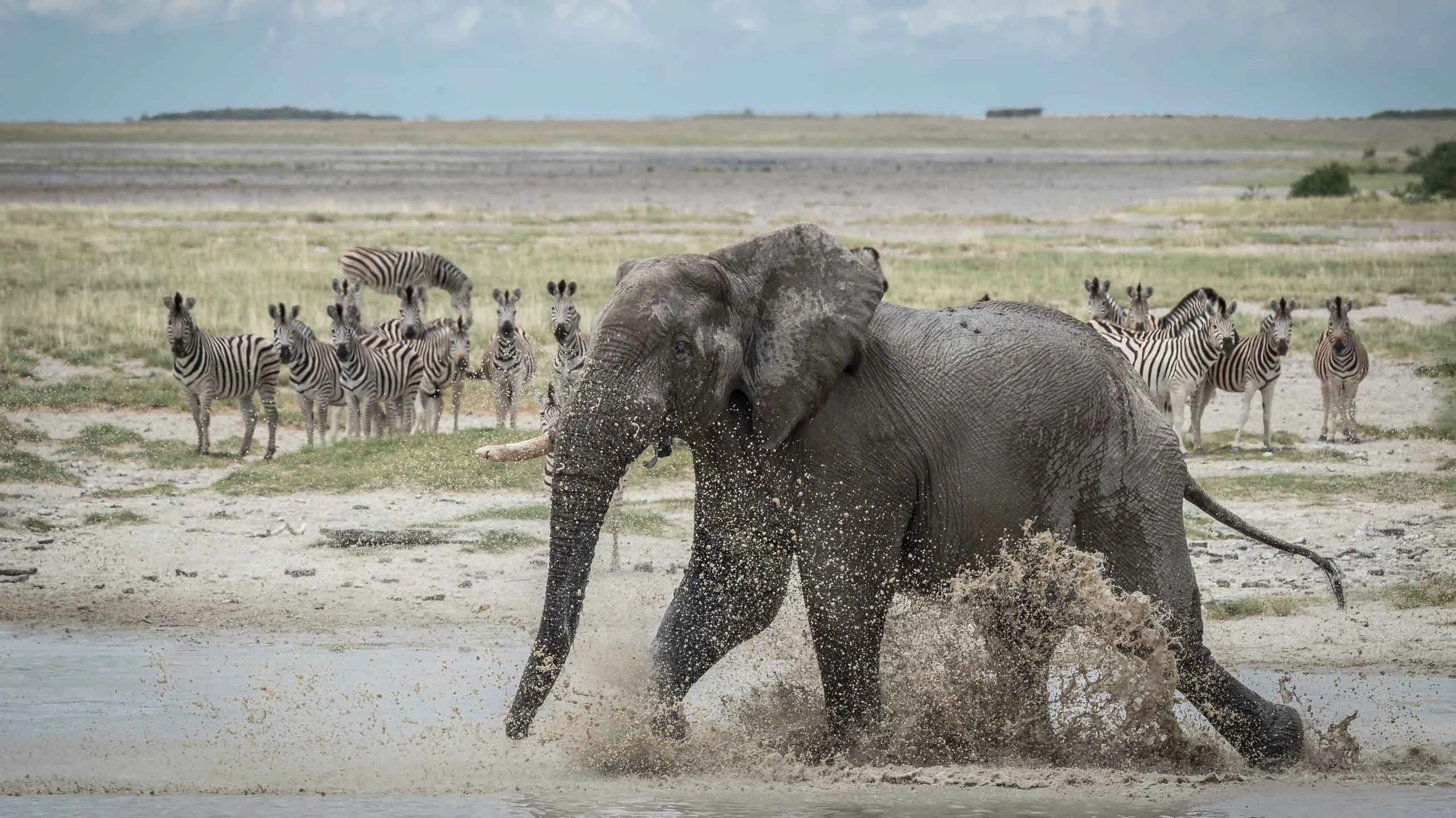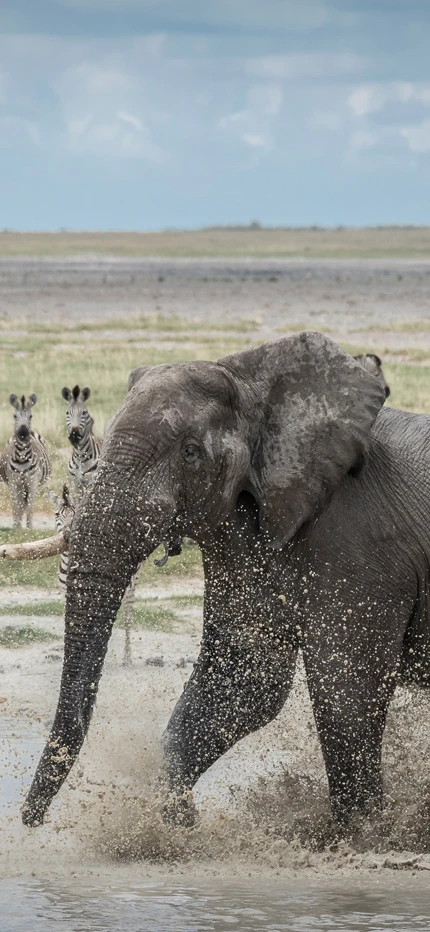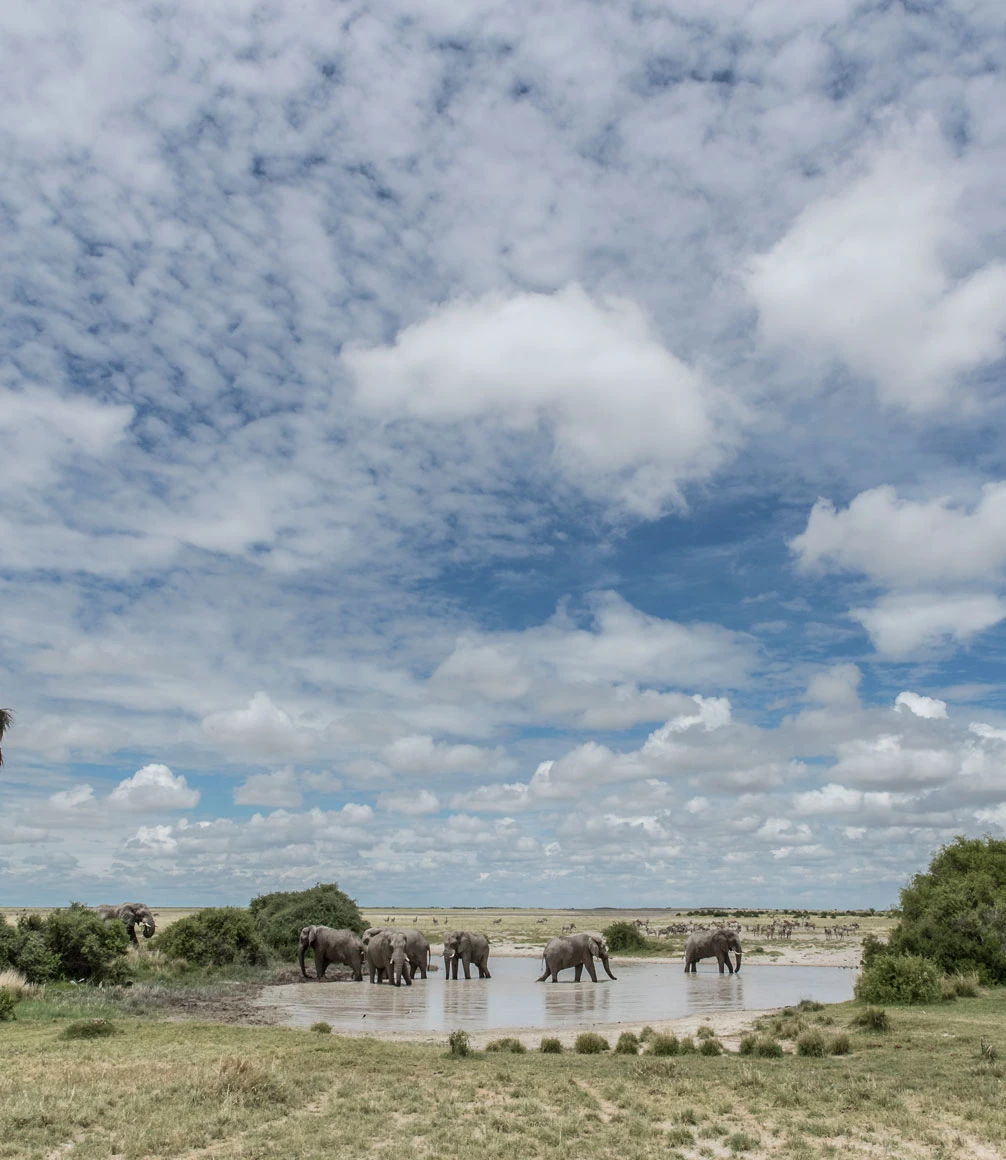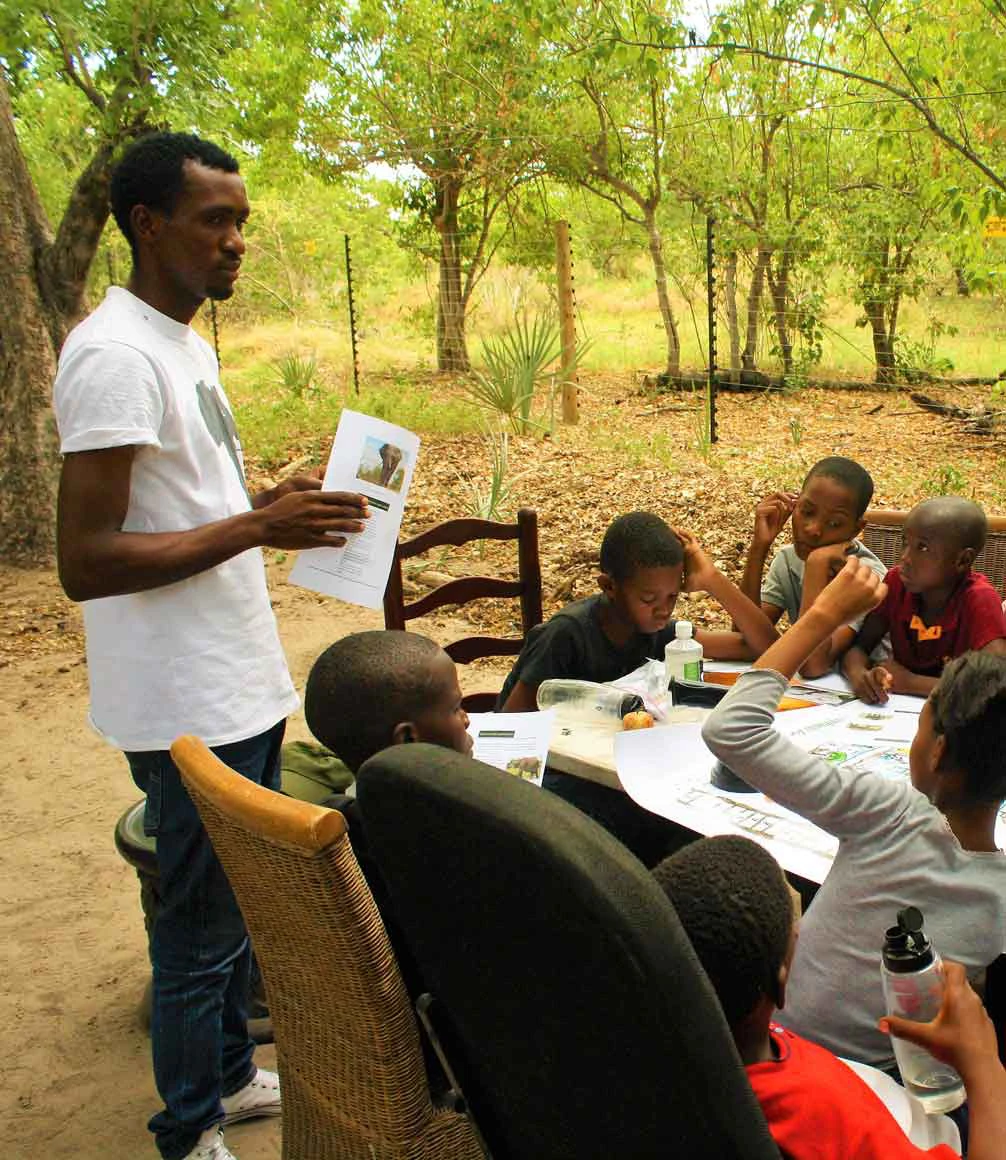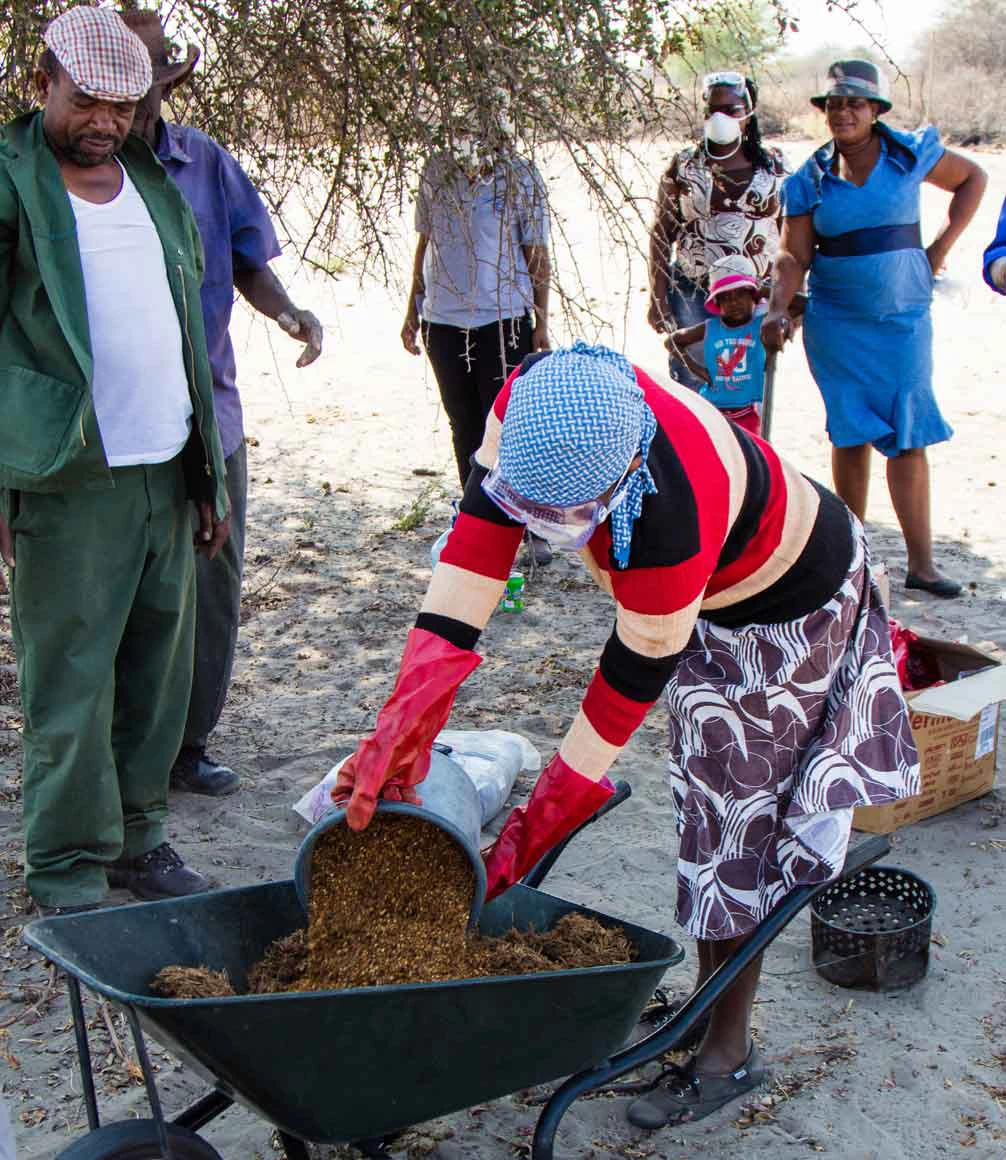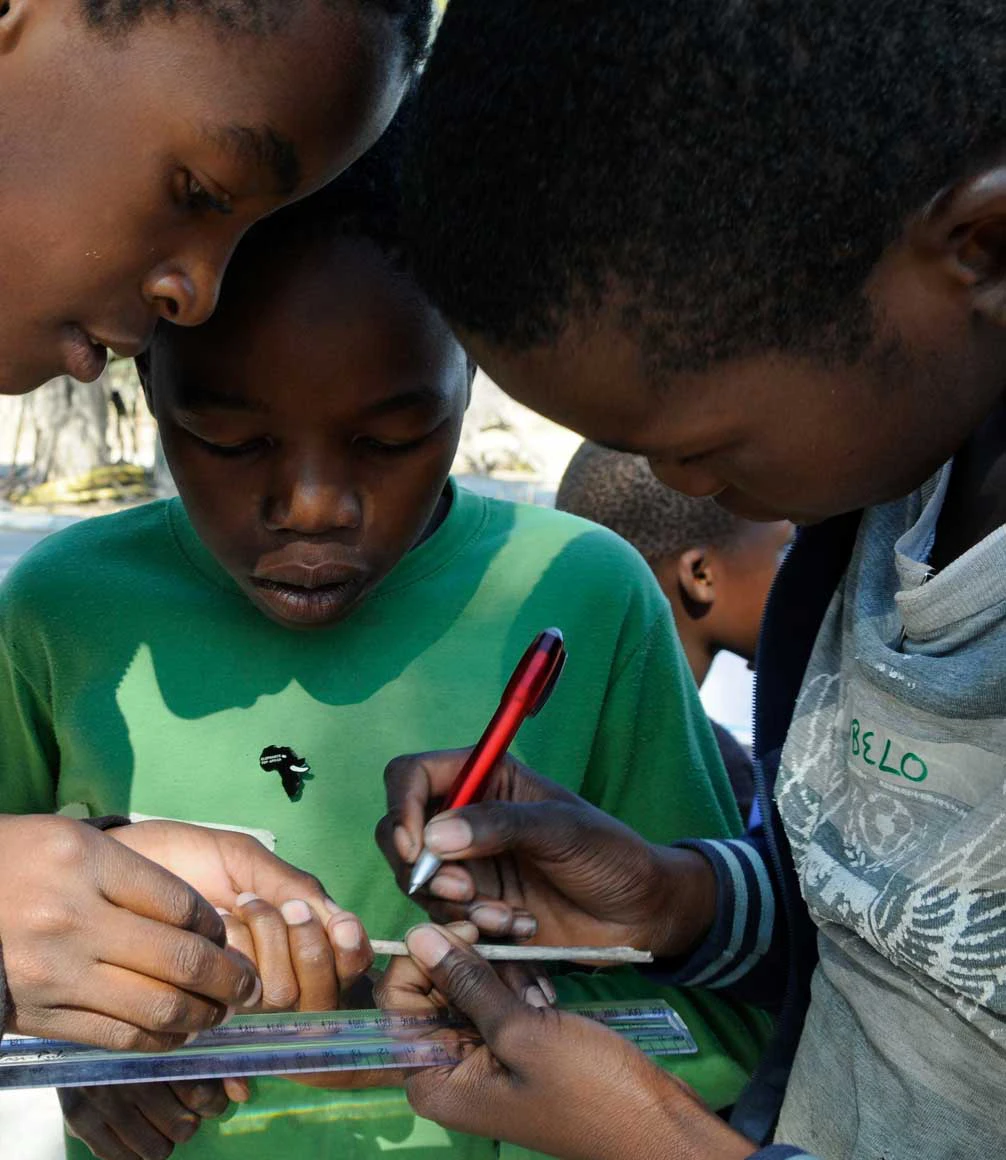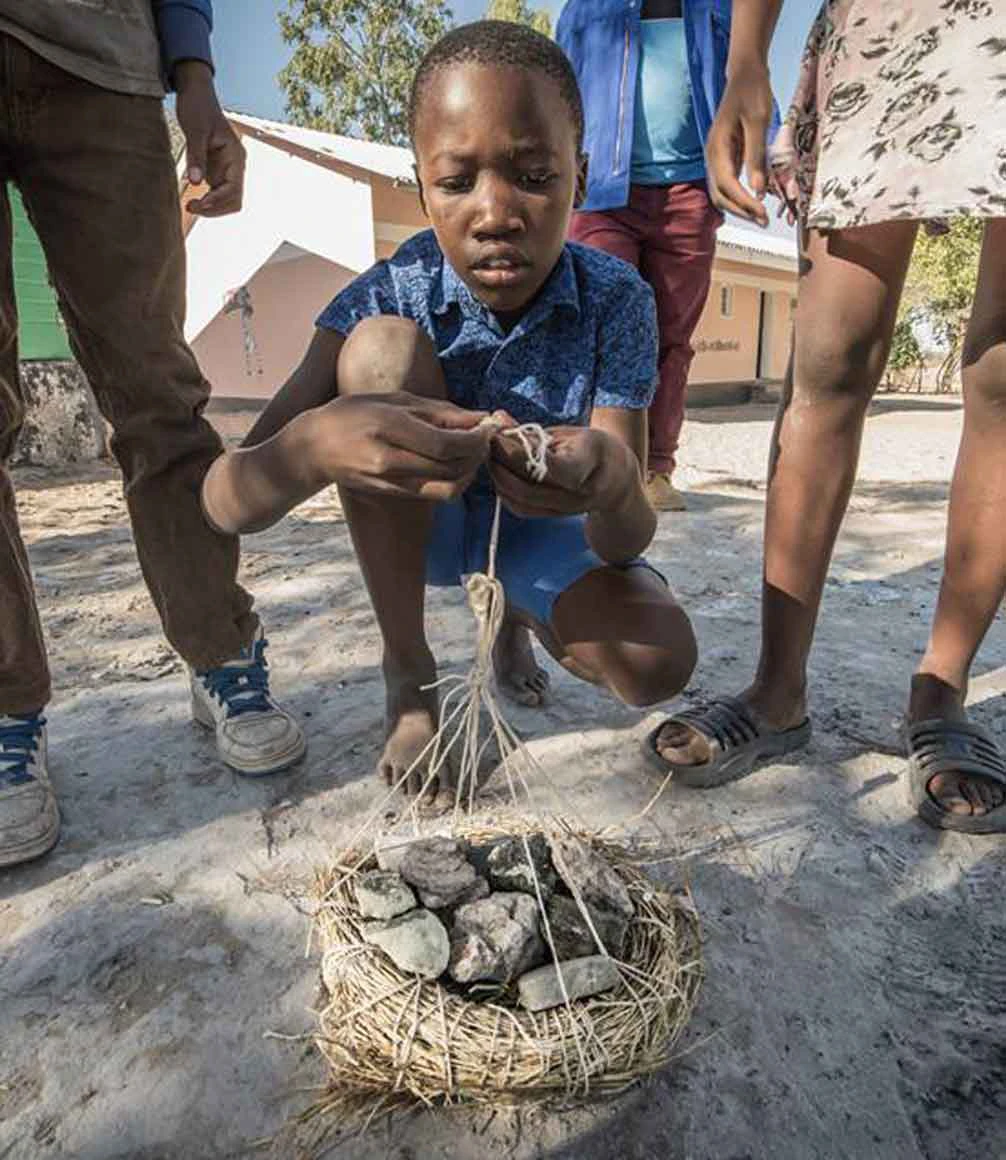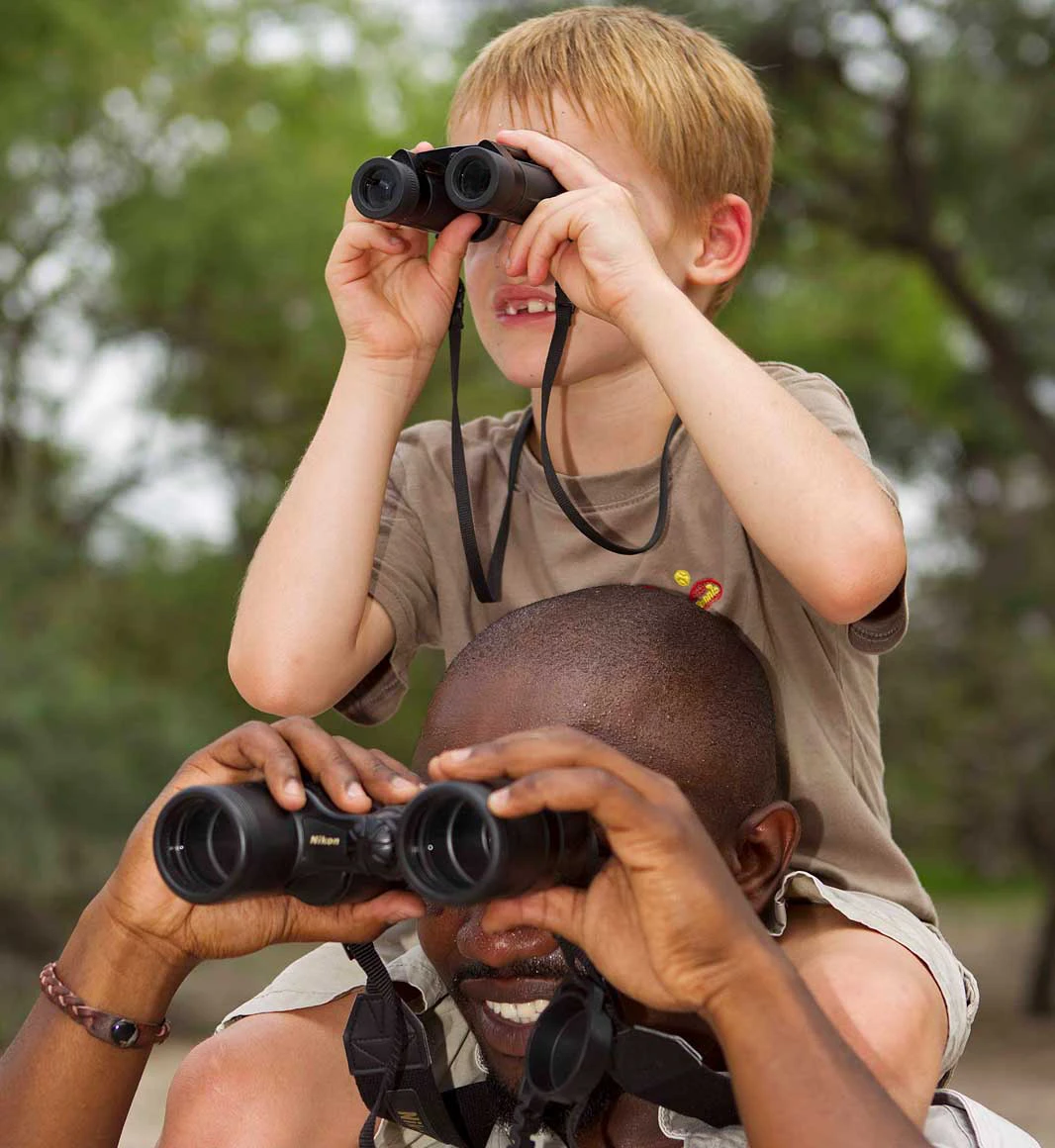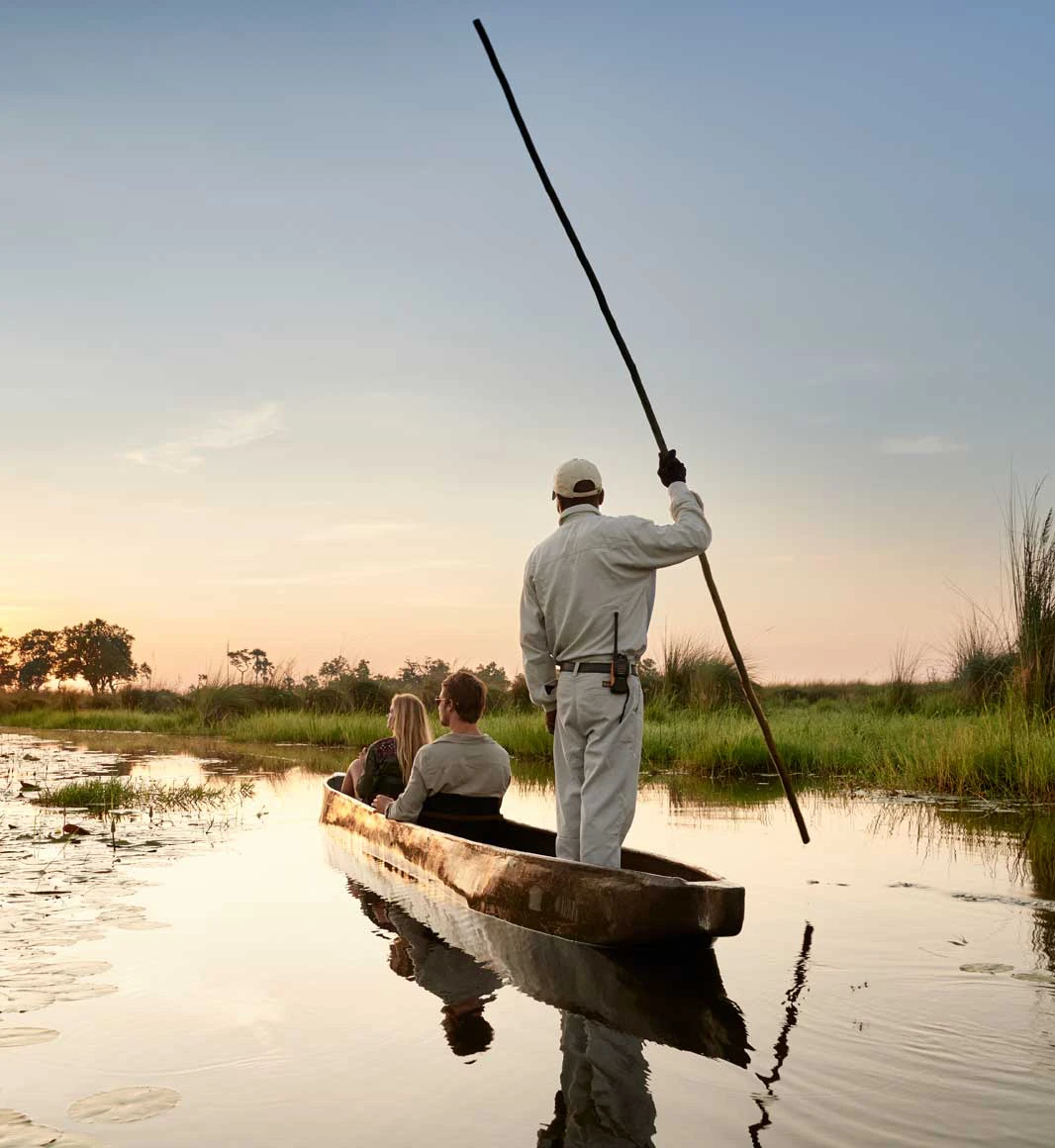Elephants For Africa – protecting the endangered African elephant through research and education in Botswana.
Elephants remain under severe threat. There are just 415,000 elephants across Africa. This is down from as many as five million in the early twentieth century. An estimated 38,000 elephants are killed every year to supply the illegal ivory trade, which equates to one killed every 15 minutes. Elephants also face threats from variable weather patterns due to climate change, as well as land use adjustments such as agricultural and housing expansion, and deforestation to meet the demands of a growing human population.
Established in 2007 by award-winning behavioural ecologist and conservation biologist, Dr Kate Evans, Elephants for Africa is a small charity that is working towards human-elephant co-existence in rural farming communities. This is accomplished through research, collaboration with local and international researchers to deliver scientific data to local decision-makers, as well as a series of community outreach and environmental education programs. These programs focus on empowering local communities and developing the conservation leaders of the future, such as through monthly EleFun activities in local primary and junior secondary schools.
Elephants for Africa holds ‘Farmer’ workshops teaching subsistence farmers how to deter elephants and works with them to trial new initiatives, provide vital materials to enable farmers to implement these measures and increase the use of conservation agricultural methods to improve overall yield.
"Elephants for Africa strives to protect, conserve and educate to ensure a future for wild populations of African elephant and move towards humans and wildlife coexisting."
Research is focused mainly on male elephants, which present more challenges to conservation than breeding herds. Bull elephants cover greater distances, often breaking through fences and walking close to human settlements where they can be responsible for crop raiding and damage to property.
Elephants for Africa work in the Makgadikgadi Pans National Park and the surrounding communities in Botswana, which is home to a predominantly bull population (98 per cent of sightings to date). Botswana is home to approximately 130,000 to 150,000 elephants, the largest population in the world.
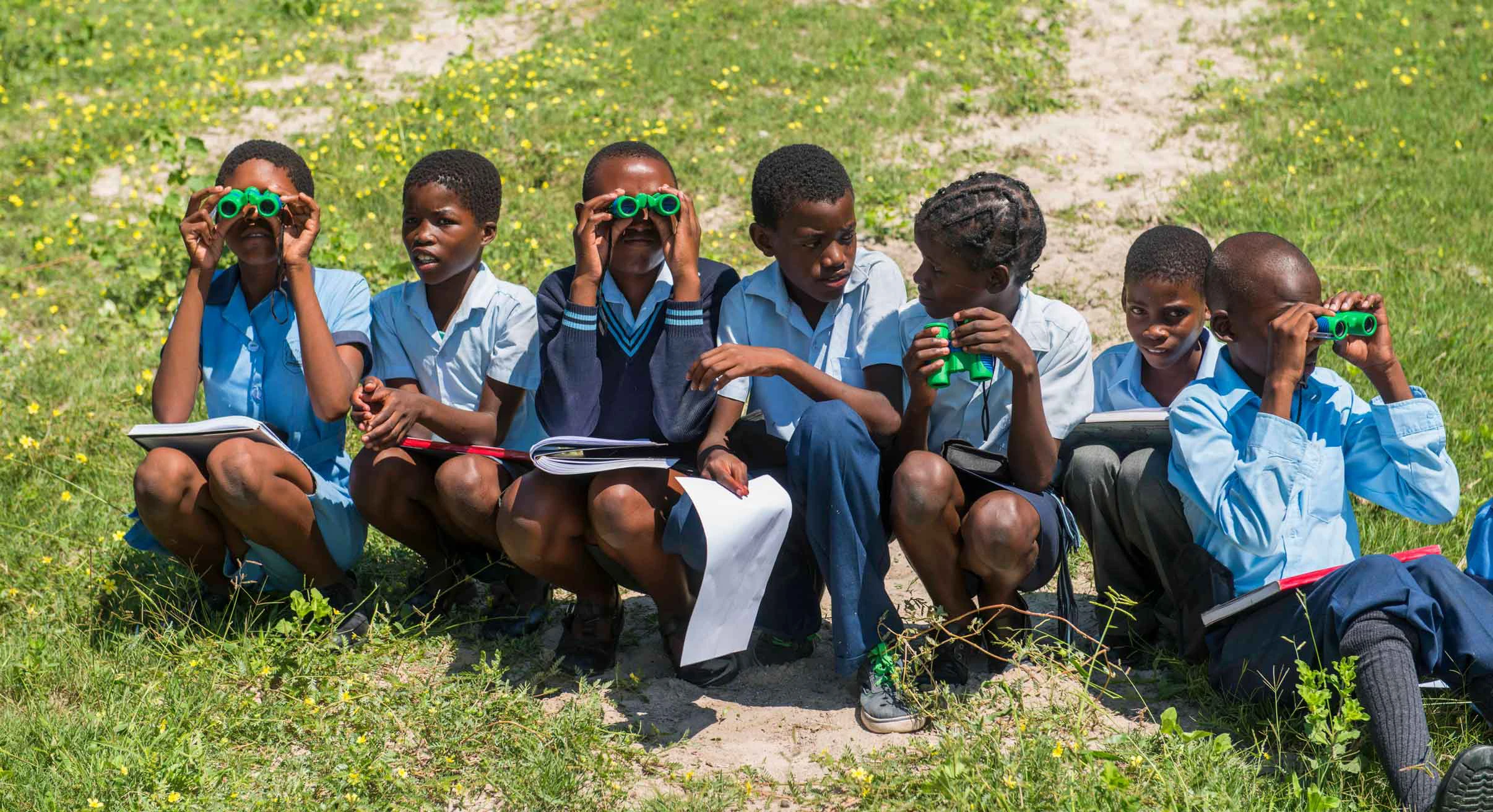
How can you engage with Elephants for Africa?
Meet staff, students and visiting students at the research camp on the banks of the Bottle River. Please contact us for further details.
Ready to take the road less travelled?
